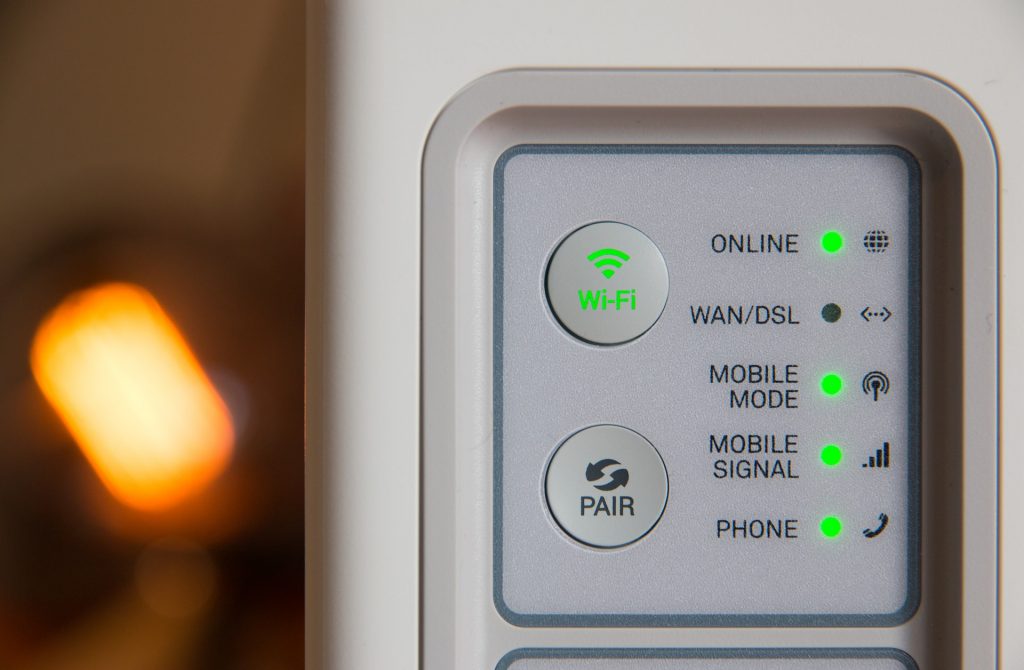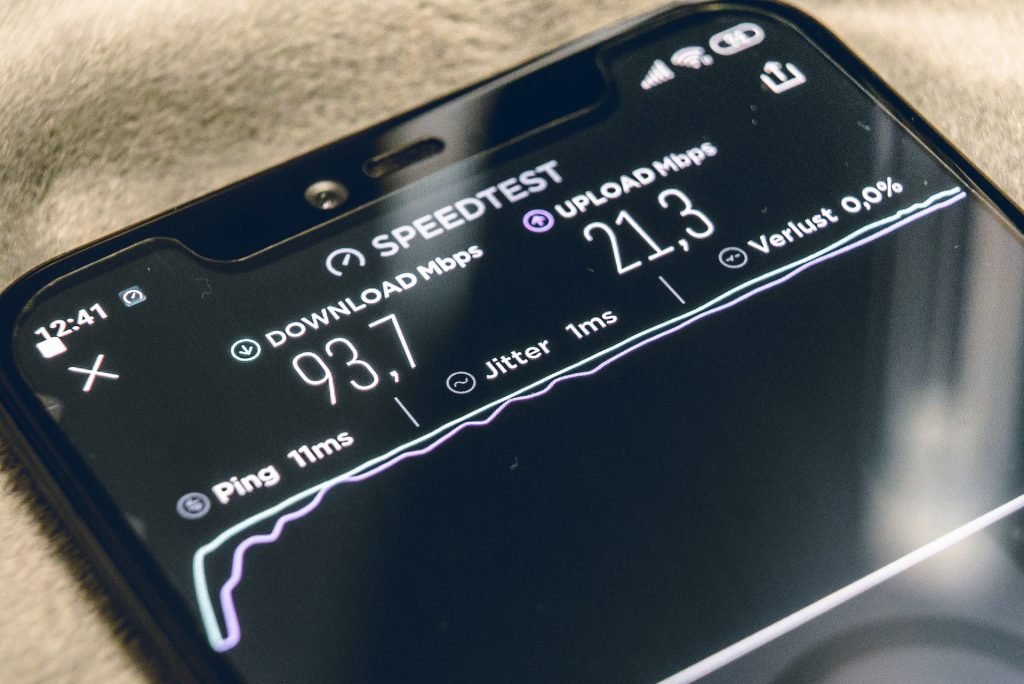
In today’s digital age, having a reliable and high-speed internet connection is crucial for staying connected, working, learning, and entertaining ourselves. However, with numerous internet providers vying for our attention, choosing the right one can be overwhelming. To simplify the process and ensure you make an informed decision, we present the ultimate checklist for selecting an internet provider. By considering these essential criteria, you can enjoy a seamless online experience tailored to your specific needs.
Internet Speed and Bandwidth
Internet speed plays a pivotal role in determining your online experience. Begin by assessing your internet needs – are you a casual web browser or a heavy streamer and online gamer? Internet speeds are measured in megabits per second (Mbps), and different activities require varying speeds. A basic browsing connection typically requires 10-25 Mbps, while HD streaming and gaming may necessitate speeds of 50 Mbps or higher. Determine the right balance of speed and cost that meets your usage requirements.
When comparing internet plans from different providers, pay attention to the advertised speeds and bandwidth offered. You can explore more details available here or from other provider comparison resources. Keep in mind that the actual speeds may vary based on various factors, including your location, network congestion, and the type of internet connection. Reading customer reviews and conducting speed tests can provide more insights into the real-world performance of the top internet providers.
Connection Type Options
Understanding the different internet connection types available is essential in finding the right fit for your needs:
- DSL (Digital Subscriber Line): Uses existing telephone lines and offers moderate speeds suitable for basic browsing and light streaming.
- Cable Internet: Delivered through cable TV lines, providing faster speeds and greater bandwidth for multiple users.
- Fiber Optic Internet: Utilizes thin strands of glass to transmit data at the speed of light, offering unparalleled speed and performance.
- Satellite Internet: Ideal for rural areas where wired connections are unavailable, but it may have higher latency and data caps.
- Wireless Internet (Fixed or Mobile): Utilizes radio signals to deliver internet access, offering flexibility and mobility.
Service Availability and Coverage
Before committing to an internet provider, confirm their service availability and coverage in your area. Use online tools to check for local providers and their coverage maps. Additionally, inquire with neighbors or local residents about their experiences with different providers to gauge service reliability and consistency.
Data Caps and Unlimited Plans
Some internet providers impose data caps, limiting the amount of data you can use each month. Be aware of these limits and the potential for overage charges if you exceed them. Alternatively, consider unlimited data plans that offer peace of mind for heavy internet users or families with multiple devices.
Contract Terms and Fees
Carefully review the contract terms, as they may vary from month-to-month plans to long-term commitments. Assess whether you prefer more flexibility or are willing to commit to a long-term contract for better pricing. Additionally, be aware of any early termination fees if you plan to switch providers or move in the future. Some providers offer equipment rental options, while others allow for equipment purchase, so weigh these costs in your decision-making.
Customer Support and Reliability
The quality of customer support and the reliability of your internet service are critical factors. Read customer reviews and ratings online to gauge the provider’s reputation. Evaluate their customer support channels, such as phone, chat, or email, and check their responsiveness to address any technical issues promptly.
Bundled Services and Promotional Offers
Consider bundled plans that include internet, TV, and phone services if you are looking for multiple services. These bundles often offer cost savings and convenience. However, be cautious of promotional pricing that may increase after an initial period. Clarify the terms and conditions of any promotional offers to avoid unexpected price hikes.
Security and Privacy Features
Online security and privacy are paramount. Inquire about the provider’s built-in security measures, such as firewalls and antivirus software, to protect your devices from cyber threats. Review their data privacy and encryption policies to ensure your personal information remains secure.
Speed and Latency Tests
Once you’ve selected an internet provider, conduct speed and latency tests to verify the actual performance of your connection. Speed test tools are readily available online and can help you compare the actual speeds with the advertised speeds. Low latency is crucial for smooth online gaming, video conferencing, and other real-time applications.
Additional Services and Benefits
Consider any additional services and benefits offered by the internet provider. Some providers offer access to Wi-Fi hotspots for on-the-go connectivity. Others may provide cloud storage or email accounts as part of their service packages. Assess these additional features to see if they align with your needs.
Cost-Effectiveness and Value for Money
Compare the total cost of ownership of different internet plans, including any equipment costs, installation fees, and monthly charges. Evaluate the value for money by considering the quality of service, customer support, and included features. Sometimes, investing in a higher-priced plan can lead to better overall value in the long run.
Flexibility for Upgrades and Downgrades
Consider the flexibility of the internet provider in accommodating your changing needs. Determine if the provider allows for easy speed upgrades as your requirements grow. Additionally, assess whether you can downgrade your plan without penalties if you find that you don’t need as much bandwidth in the future.
Contract Reviews and Negotiation Tips
Before finalizing your contract, review it thoroughly, including any fine print. Seek clarification on any unclear terms and conditions. If you are not satisfied with certain aspects of the contract, don’t hesitate to negotiate with the provider for better terms or rates. Some providers may be willing to offer discounts or additional perks to win your business.

Selecting the right internet provider is crucial to ensure a seamless online experience. By following the ultimate checklist, you can make an informed decision tailored to your internet needs, budget, and preferences. Research multiple providers, compare their offerings, and take advantage of promotional offers. Consider the long-term implications of the contract and prioritize reliability, speed, and customer support. With careful consideration, you can find the perfect internet provider that will keep you connected and satisfied in the digital world.
Recent Posts
The Role of Senior Living Placement Services in Enhancing Quality of Life for Seniors
How can seniors find the best place to live as they get older? Choosing the right place is important for their health and happiness - senior living placement services help by finding the perfect...
Understanding the Concept of a Gift from God: A Spiritual Exploration
When we think about gifts, we often picture tangible items wrapped nicely in colorful paper. But a gift from God is different. It isn't something you can hold or touch. Instead, it's something...
